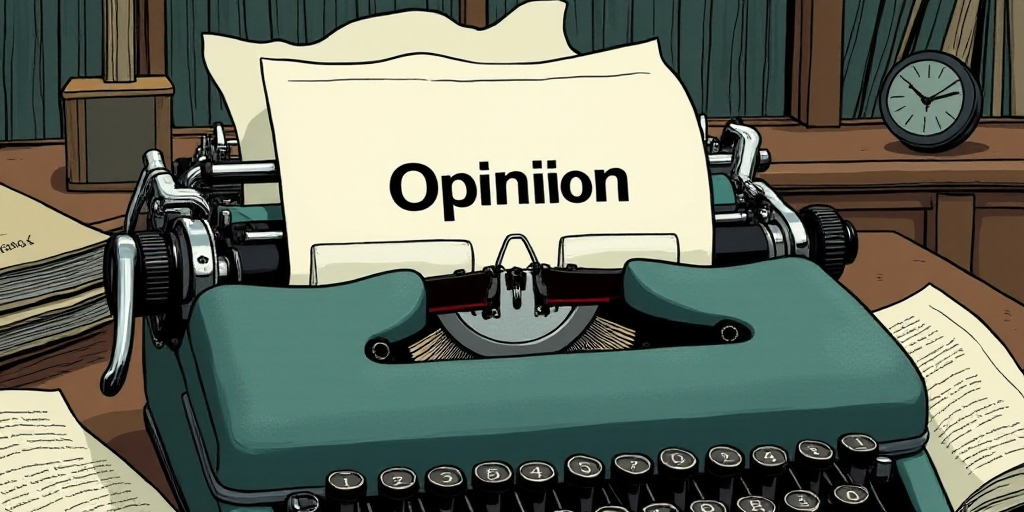China’s Diplomatic Offensive Amidst Trade War with the US
China, facing a desperate situation, is relaunching its “Lobo Guerrero” diplomatic offensive in Europe and Latin America. On this Monday, Pekín is hosting the fourth bilateral forum with the Community of Latin American and Caribbean States (CELAC), albeit with fewer resources and more promises.
The Impact of Trump’s Administration on China’s Influence in the Americas
In just four months, President Trump’s administration has weakened and divided China’s influence in the Americas. Panama broke away from the Belt and Road Initiative, Argentina strengthened its military alliance, Chile halted the space observation project, Mexico reviewed unfair trade practices, and the Caribbean reinforced security cooperation.
China’s False Promises to Latin America
Despite this, China maintains active trade relations with Latin America, particularly in the Southern Cone. This is why the presidents of Brazil, Colombia, and Chile lead the China-CELAC Forum alongside foreign ministers and delegates from over 30 nations.
China’s Economic Crisis and Xi Jinping’s Desperation
China is experiencing a serious economic crisis, far from its previous impressive 10% annual growth. Now, it navigates a housing crisis, low consumption, and a trade war with the United States. Xi Jinping, weakened and in need of showcasing muscle and influence in the US’s backyard, is eager to collaborate with Colombia.
Gustavo Petro’s Questionable Leadership and CELAC’s Divisions
Gustavo Petro, who heads CELAC, wants to discard 200 years of diplomatic relations with the US for China’s New Silk Road. Brazil attempts to promote a response to US tariff measures while its economy crumbles due to high-interest rates that increase credit costs, reduce consumption, and slow the economy.
Chile’s Struggles with an Asymmetric Relationship with China
Chile has experienced the detrimental effects of its asymmetric relationship with China. In 2022, 49.4% of Chile’s exports went to China, and 70% of its copper sales. Chinese influence is evident in telecommunications, infrastructure, energy, and even electric buses in Chile. A nation heavily reliant on the Chinese dragon.
CELAC’s Lack of Unity and US Prioritization of Latin America
After nearly 15 years, CELAC, founded by Hugo Chávez and inspired by dictator Fidel Castro, lacks a fixed headquarters, an executive secretariat, its own budget, and even less commitment to democracy and freedom. Both China and CELAC share an anti-democratic standard, which explains why they’ve never called for the freedom of 2,600 political prisoners in Cuba, Nicaragua, Venezuela, and Bolivia.
Key Questions and Answers
- What is the China-CELAC Forum? The China-CELAC Forum is a bilateral meeting between China and the Community of Latin American and Caribbean States (CELAC), aiming to strengthen economic ties.
- How has the Trump administration affected China’s influence in Latin America? The Trump administration has weakened and divided China’s influence in the Americas through various actions, such as Panama breaking away from the Belt and Road Initiative and Mexico reviewing unfair trade practices.
- What challenges does China face economically? China is dealing with a serious economic crisis, including a housing crisis, low consumption, and a trade war with the United States.
- What are the concerns regarding Gustavo Petro’s leadership and CELAC? There are concerns about Petro’s desire to discard 200 years of diplomatic relations with the US for China’s New Silk Road and CELAC’s deep divisions.
- How has Chile been impacted by its relationship with China? Chile’s economy is heavily reliant on China, with 49.4% of its exports going to China and 70% of copper sales. This relationship has led to Chinese influence in various sectors, including telecommunications and infrastructure.
- Why is CELAC criticized for its lack of unity and democratic commitment? CELAC lacks a fixed headquarters, an executive secretariat, its own budget, and commitment to democracy and freedom. It shares an anti-democratic standard with China, which explains its silence on human rights issues in several Latin American countries.






